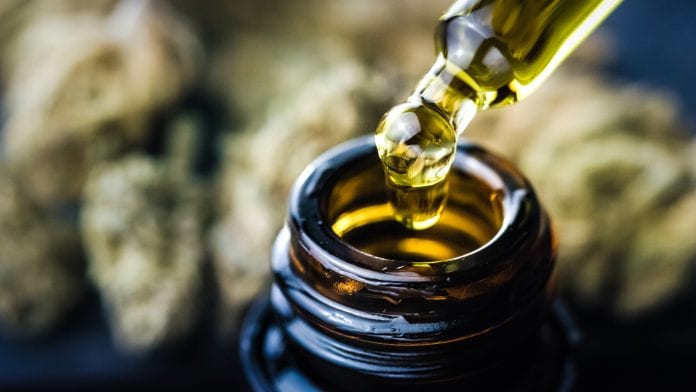
Sita Schubert, the General Secretary of the European Medicinal Cannabis Association, discusses the future of medical cannabis treatments in Europe, looking at how they can be better implemented and utilised.
Worldwide, the stigma of medical cannabis treatments has subsided dramatically, with various nations embracing the extremely versatile plant for medical purposes. Despite this, many of Europe’s nations are not yet realising the medical potential of cannabis; here, we discuss how to improve that.
Enhancing the accessibility of medical cannabis
Currently, only around one in 300,000 patients in Europe can access any type of medicinal cannabis treatments. The cannabis plant has a lot of medical benefits – there is no doubt about that anymore. One recent study, which collected and assessed patient data over a period of three years, found that cannabis was the most successful treatment available for pain, spasticity, and anorexia. It is emotional to see patients benefit from treatment. This is really important for them because many patients who use medical cannabis do so because they have unmet medical needs. There are no other opportunities for treatment available; we have to be serious about getting patients into treatment who require it.
Improving the infrastructure
It is vital that this treatment is decided by a practitioner who knows the patient and their history – a qualified pharmacist should distribute cannabis-based medicines; everything should be in a medical setting – but there is also a need for financial reimbursement. It is simply not acceptable for a patient who is already in a critical state to criminalise themselves by sourcing cannabis on the black market – it is not an expensive treatment. In Europe, we live in great circumstances in terms of the availability of social healthcare; and access to cannabis must be applied within that. Doctors need to have a portfolio of treatment options to best serve their patients’ needs.
Cannabis has so many specifications which are so beneficial for people. We know that the plant has more than hundreds of active ingredients, and more than 80 of those ingredients have been already investigated and identified as indications for all kinds of diseases that have unmet medical needs. There is a very famous quote from Paracelsus, the 16th-century physician and philosopher, saying: ‘All things are poison, and nothing is without poison; the dosage alone makes it, so a thing is not a poison.’ There is a substantial difference between treating a patient with a high level of THC for chronic pain or in palliative care and using medicines with a higher proportion of CBD and low THC to treat less serious cosmetic problems in a healthy consumer.
The need for political backing
It is human nature that, once someone has a degree of knowledge and understanding of the pain patients are going through, they will be more active in searching for ways to help. In countries where medical cannabis has progressed, like Canada and Israel, it is amazing to see the high level of knowledge politicians have on the importance of cannabis treatment. They fight for it, which is mirrored in their healthcare regulations and their regulatory activities, not only in making cannabis available to patients but also in the provisions they make for entrepreneurs and producers. Each political party can find some point of interest in cannabis, whether from the perspective of driving scientific research or for its economic benefits. Fostering this highly innovative and very dynamic industry can be beneficial, not only for patients but also from a financial perspective.
Sita Schubert
General Secretary
European Medicinal Cannabis Association









